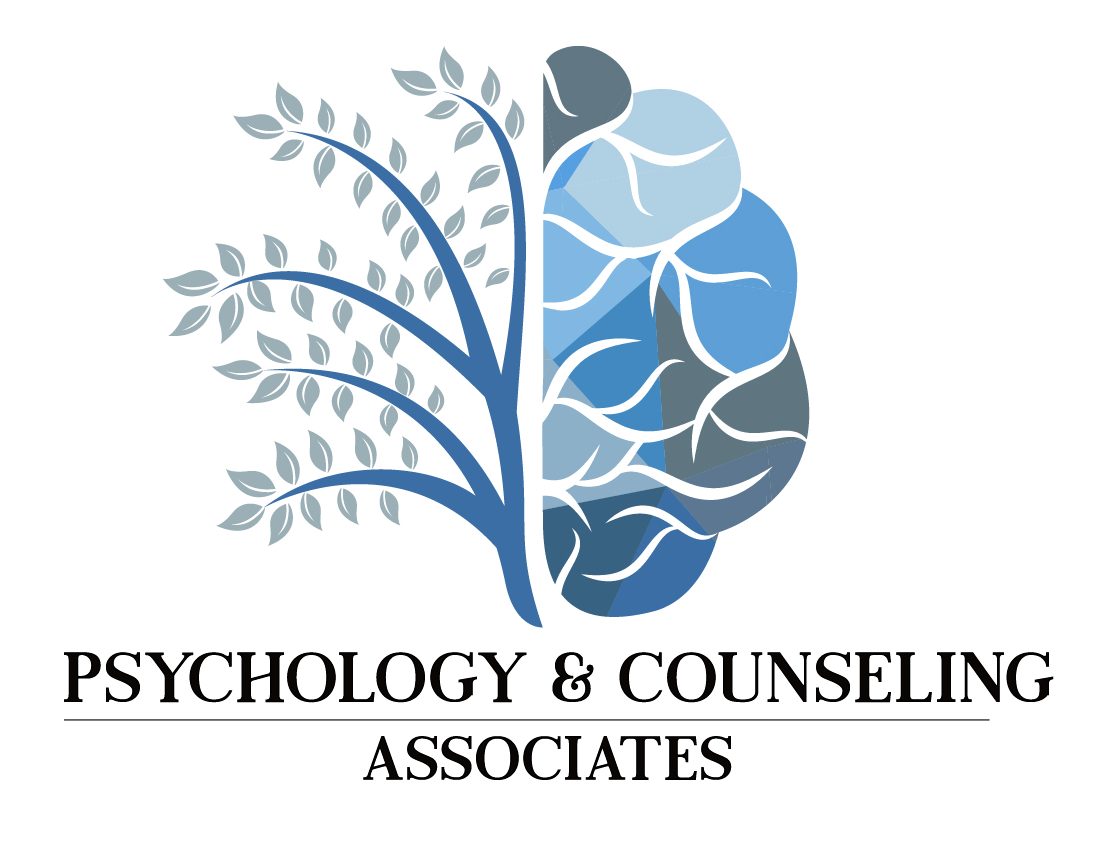Does it always rain when you go on a picnic? Is the traffic always worse when you’re in a hurry? Do you always run into your ex when you’re sloppily dressed? Does your boss always blame you for problems?
A lot of us would answer “yes” to at least one of these questions, even if outside observers would say “no.” The reason for that is something called “selective attention.” If we have an idea in our heads, we tend to notice things that match that idea. We see what we are expecting to see. We ignore what we don’t expect to see.
This is not the same as ignoring what we don’t want to notice and paying attention to the things we want to see. Often, as in the examples above, we’re actually focusing on things that don’t make us happy — not the things we would want to see.
It isn’t about ignoring bad news. It’s about seeing what we expect.
In a famous experiment, people were shown a video (you can see it below) and given a specific task that caused them to focus on one particular aspect of the video. Go ahead and try it out now.
Did you notice the gorilla?
Only half of the people shown the video in an experiment noticed the gorilla. They were focusing on the people with white shirts. They weren’t looking for a gorilla, so they didn’t see one.
That’s how literally our brains pay selective attention and miss things.
What if you kept track of all the times things go right for you? In a gratitude journal or using a gratitude app, write down the good things that happen in your life. Notice the times your boss compliments you. The times your commute is smooth.The times it doesn’t rain on your picnic.
Our reality is shaped by our perception, and our perceptions can be affected by plenty of factors. Choosing to pay attention to the positive is the same as having more positive experiences.
Sometimes a mental shift like this is enough to make a real difference in our lives. Sometimes we need more help. Contact us if you’re ready for help.


